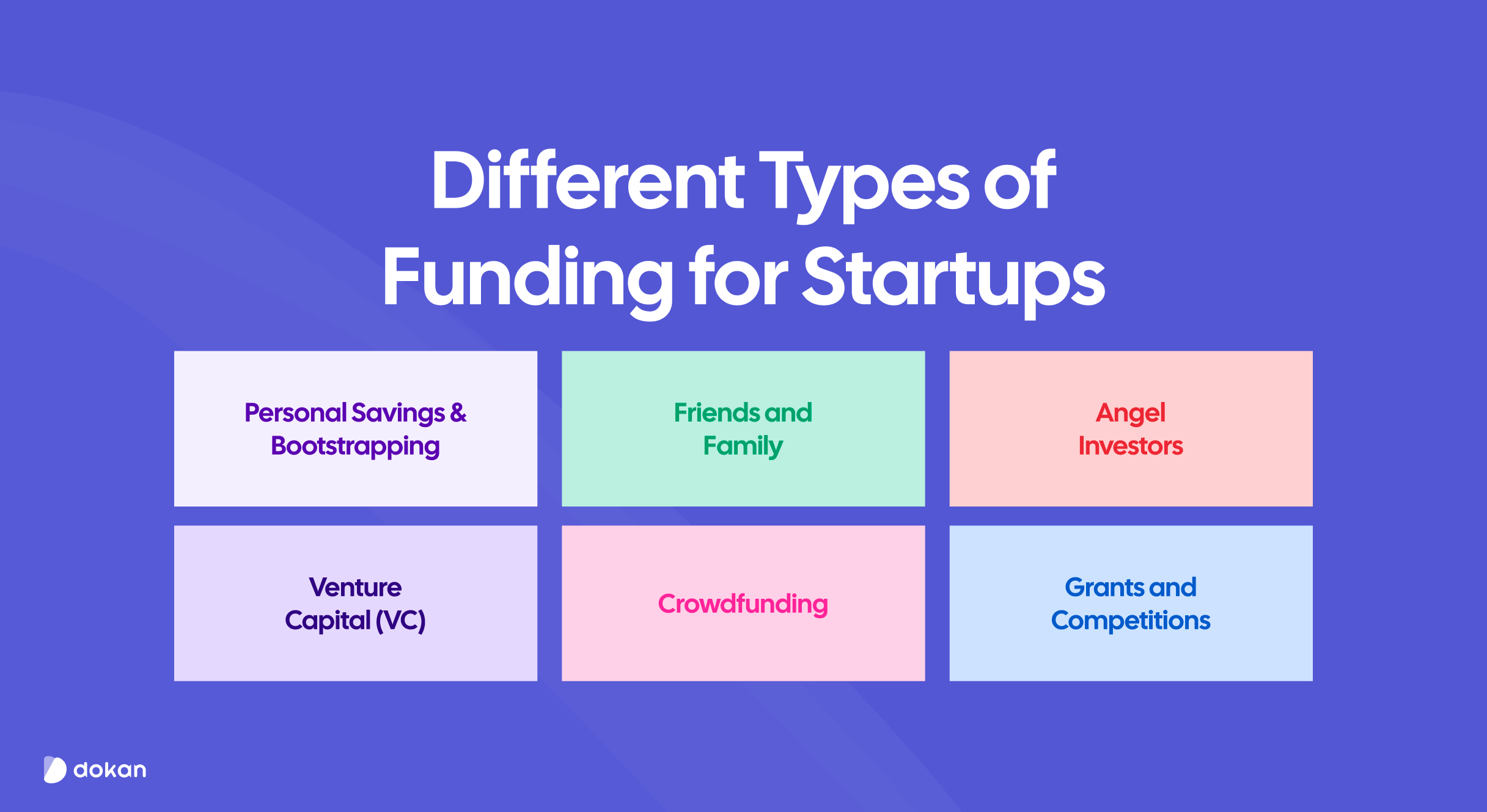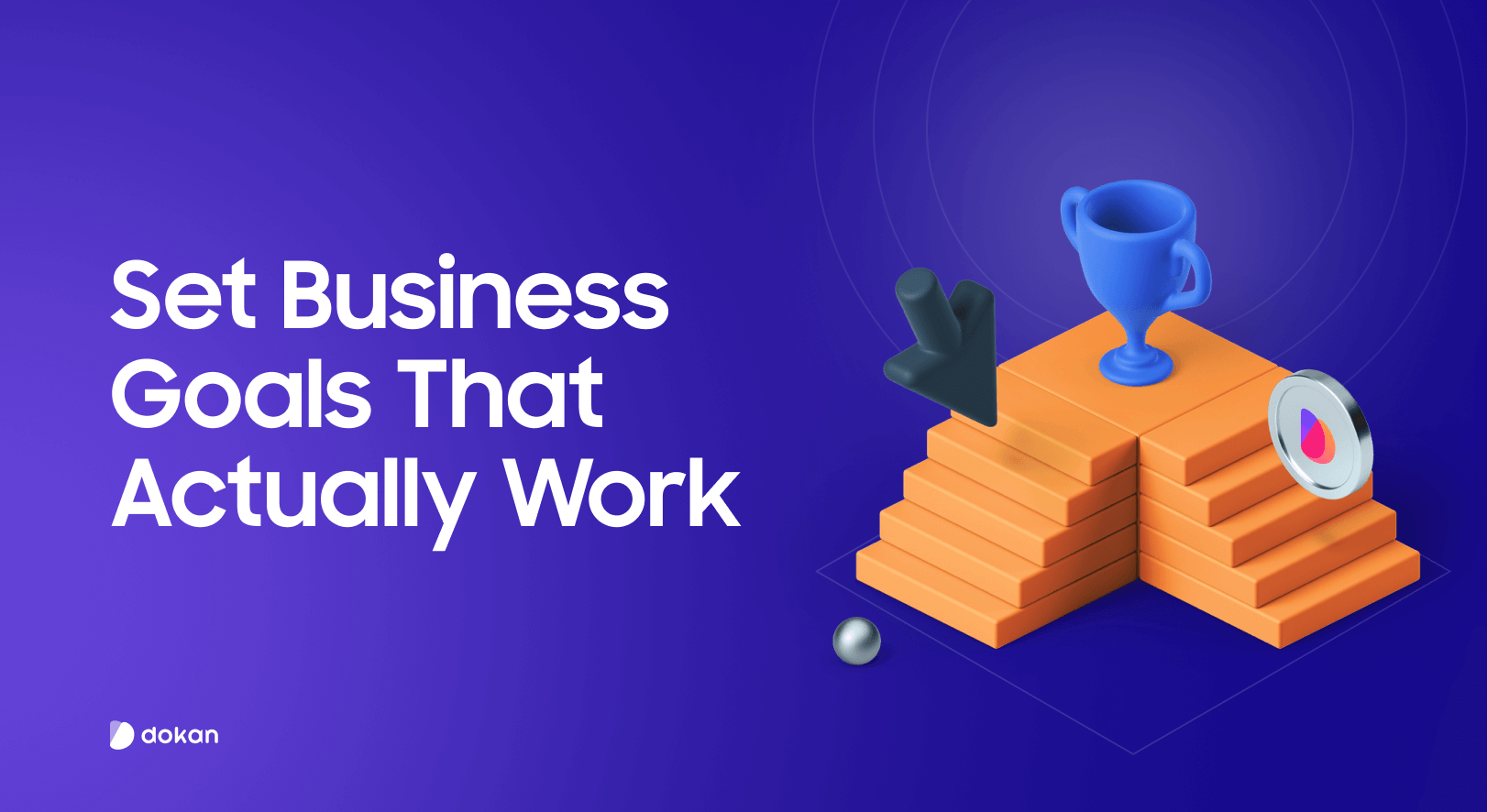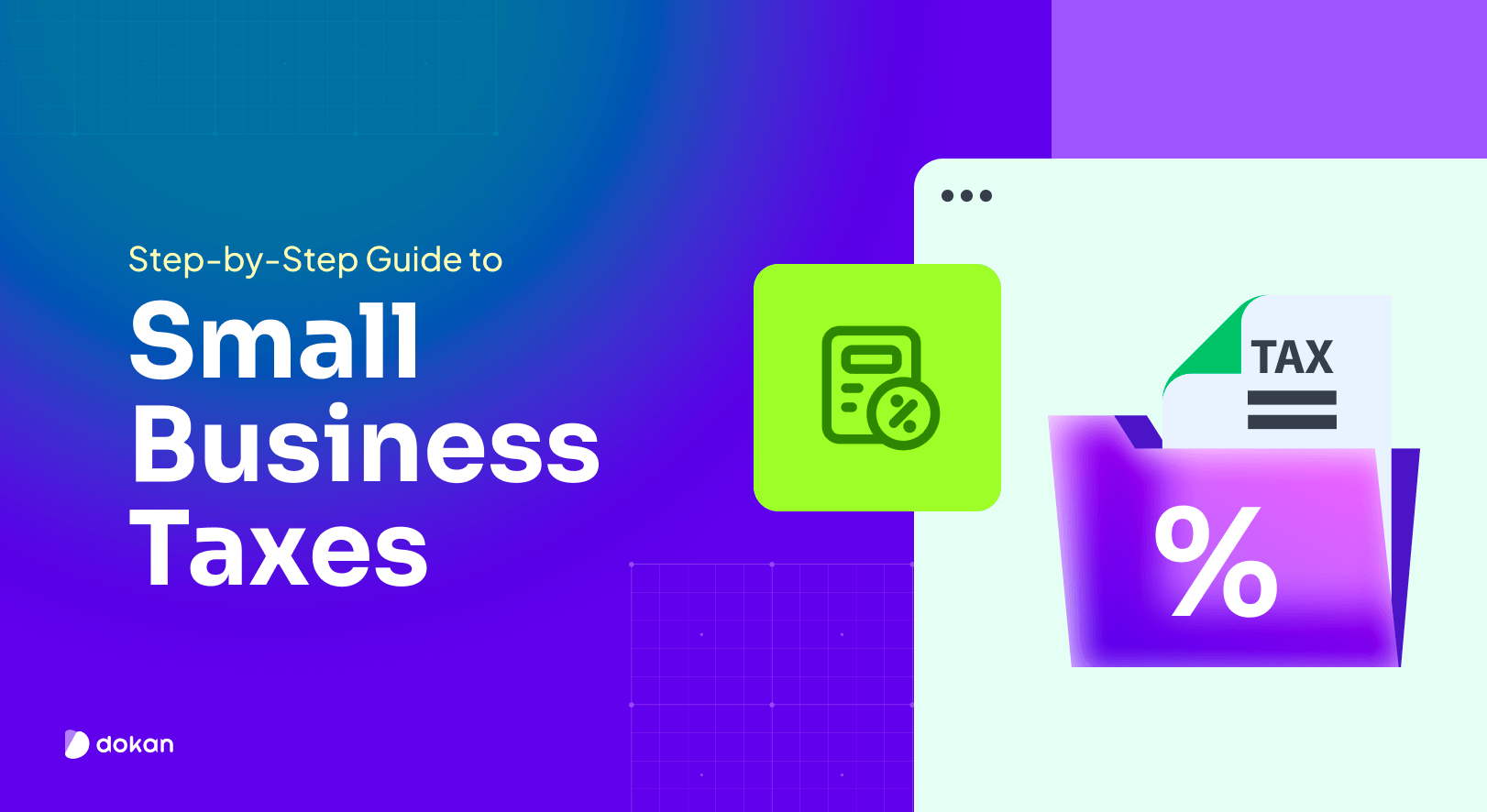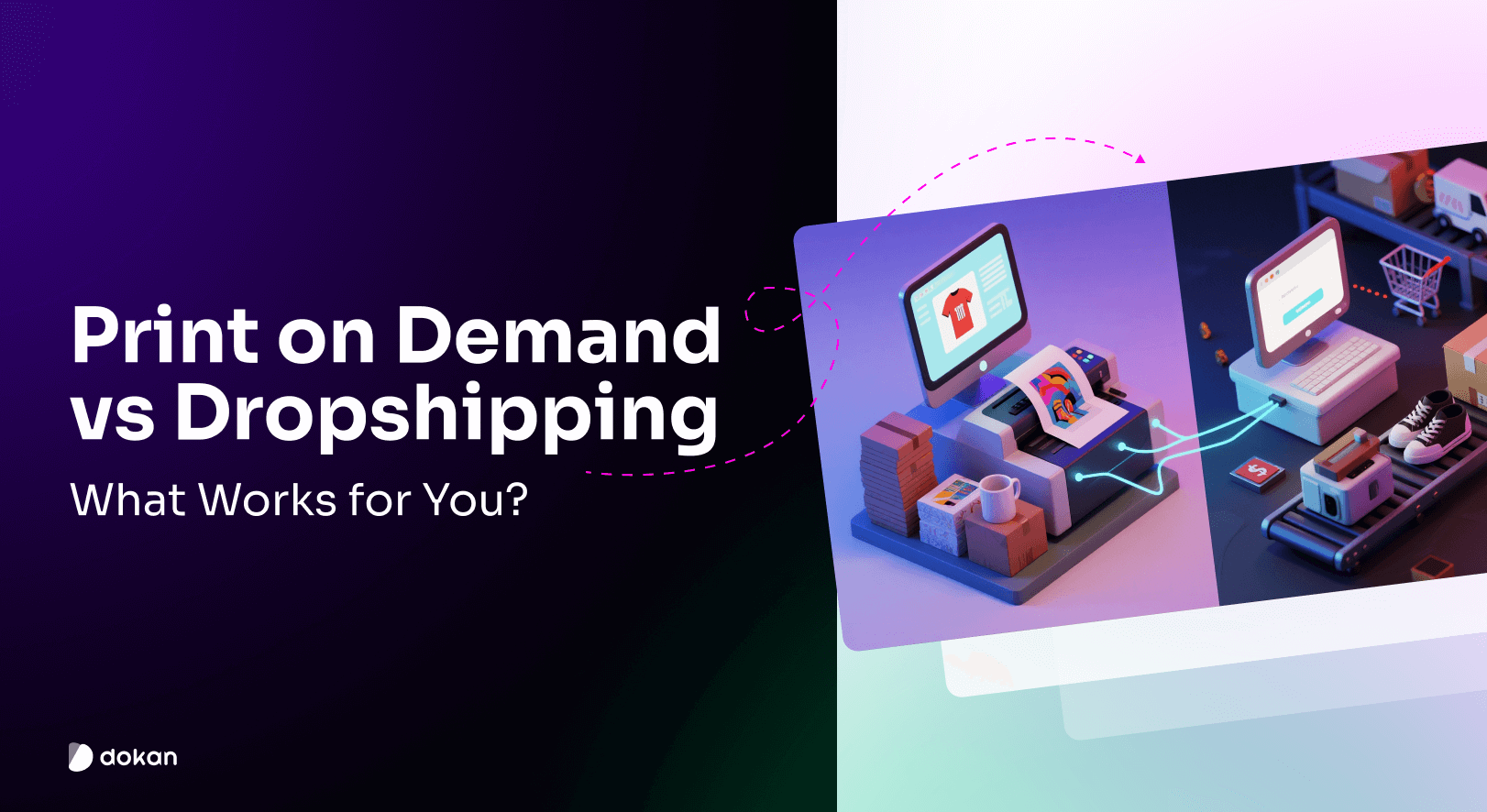Starting an online marketplace is an exciting venture, but finding the right funding can be challenging. Many marketplace owners struggle with securing the capital they need to grow their business. Without funding, even the best ideas can fall short.
There are several ways to raise money, and it’s important to choose the right option for your needs. From the early stages to scaling your marketplace, understanding your funding options is key to success.
In this guide, we’ll break down how to get funding for a startup and how to prepare your marketplace for investment. If you’re ready to turn your vision into reality, let’s walk through the steps to secure the funding your startup deserves.
What are the Different Types of Funding for Startups?

When starting a marketplace, knowing your funding options is crucial. There are several ways to secure money for your startup, and each option has its benefits and challenges.
Here are the main types of funding for startups:
Now, let’s break down each type in detail.
01. Personal Savings & Bootstrapping
Personal savings mean using your own money to fund your business. This could be savings from your personal bank account, selling assets, or using any other personal resources.
The biggest advantage is that you remain in full control of your business. No need to answer to investors or give up any equity. However, it comes with risks. If the business doesn’t succeed, you could lose your personal savings or assets.
Bootstrapping can be a great choice if you want to start small and test your marketplace idea before seeking outside investment. It’s a more flexible option but requires careful budgeting and a strong belief in your business idea.
02. Friends and Family
Friends and Family funding is another common route for many startup founders. This involves borrowing money or raising capital from people you know personally, friends, family members, or close contacts.
The advantage here is that you may have more flexibility in terms of loan terms and the level of support. People who know you may be more willing to help, and they might not demand the same strict repayment terms as a traditional investor.
However, it’s important to approach this carefully. Mixing business with personal relationships can lead to complications if things don’t go as planned.
If you choose this route, make sure to set clear expectations and put agreements in writing. It’s essential to avoid misunderstandings down the line.
03. Angel Investors
Angel Investors are individuals who provide capital for startups in exchange for equity or convertible debt. These investors are often experienced entrepreneurs or industry experts who are willing to take a risk on early-stage businesses with high growth potential.
Angel investors typically invest smaller amounts than venture capitalists, but they bring more than just money. They can offer valuable advice, connections, and mentorship to help you grow your marketplace. In exchange, they usually want a share of your business and may want a say in key decisions.
Finding the right angel investor is key. Look for someone who understands your industry and shares your vision. It’s important to build a relationship with them, as they can play a big role in your startup’s success.
04. Venture Capital (VC)
Venture Capital (VC) is funding provided by firms or individuals that invest in high-growth startups in exchange for equity, typically at a later stage than angel investors. Venture capitalists are looking for businesses that have the potential for large-scale growth and a significant return on investment.
VC funding usually comes with a larger amount of capital, which can help you scale your marketplace quickly.
However, it also means giving up a portion of your business and sharing decision-making power. VCs are very selective and often want to see proven traction and a clear path to profitability before they invest.
If you’re looking for rapid growth and are willing to give up some control, venture capital might be the right choice. But make sure you’re ready to meet the high expectations that come with it.
05. Crowdfunding
Crowdfunding allows you to raise money from a large number of people, usually through online platforms like Kickstarter, Indiegogo, or GoFundMe. Instead of relying on a few large investors, you get smaller contributions from many individuals who believe in your marketplace idea.
This type of funding has the advantage of not giving up equity or taking on debt. It’s also a great way to test your idea and generate early interest in your marketplace. However, a successful crowdfunding campaign requires strong marketing and a clear, compelling pitch to attract backers.
Crowdfunding is ideal if you have a unique concept and want to build a community around your business. But it can be time-consuming, and there’s no guarantee you’ll reach your funding goal.
06. Grants and Competitions
Grants and Competitions are another way to fund your startup, especially for tech-focused or innovative businesses.
Grants are typically provided by governments, nonprofit organizations, or private foundations and do not require repayment. Competitions often offer prize money or other resources like mentorship or office space.
The benefit of grants and competitions is that they don’t require you to give up equity or take on debt. They can also provide great visibility and credibility for your marketplace.
However, applying for grants or entering competitions can be competitive, time-consuming, and often has strict eligibility requirements.
If your marketplace has a unique angle, a social impact focus, or uses cutting-edge technology, grants and competitions could be a great option to consider.
Prepare Your Online Marketplace for Investments

Before you start seeking investment, it’s crucial to prepare your online marketplace to make a strong impression on potential investors.
Having a solid foundation will not only increase your chances of securing funding but also show investors that you’re serious about growing your business. Being well-prepared means having a clear business plan, strong financial projections, and proof of market demand.
Here are the key areas to focus on:
Now, let’s dive into each one in detail.
I. Building a Strong Business Plan
A well-crafted business plan is essential to show investors that you’re serious and have a clear direction for your marketplace. Here’s what to include:
- Business Model: Explain how your marketplace will make money, whether through transaction fees, subscriptions, or other methods.
- Target Market: Define who your customers are. Be specific about your audience and their needs.
- Revenue Streams: Outline how your marketplace will generate income. Think about multiple revenue sources, like ads or premium services.
- Competitive Advantage: Show what sets your marketplace apart from others. What makes your platform unique?
- Scalability: Investors want to know if your business can grow. Explain how your marketplace can expand and handle more users or sellers.
A clear business plan helps investors understand your vision and potential, which makes them more likely to back your marketplace.
II. Financial Projections and Key Metrics
Investors want to know that your marketplace is not just an idea but a potential money-maker. That’s where your financial projections come in.
You need to show them that you’ve thought about the numbers and have a plan for reaching profitability.
Here’s what to focus on:
- Revenue Projections: Estimate how much money your marketplace will make in the next few years. Show realistic growth, based on your target market and competition.
- Expenses: Outline what it will cost to run your business, marketing, platform development, employee salaries, etc.
- Key Metrics: Include important performance indicators like customer acquisition cost (CAC), lifetime value (LTV), and churn rate. These metrics help investors see how healthy and sustainable your business could be.
By showing these figures, you’re giving investors the numbers they need to understand the potential return on their investment. Keep your projections realistic and backed by data.
III. Demonstrating Market Demand
Investors want to see that there’s a real need for your marketplace. Showing market demand is key to proving your idea isn’t just a trend, but a viable business.
Here’s how you can demonstrate it:
- Market Research: Share insights from surveys, focus groups, or industry reports that show people are interested in your marketplace. This helps investors see that there’s a solid customer base waiting for your platform.
- Early Users: If you’ve already launched a beta version or attracted some users, highlight this. Real-world traction shows that people are willing to use and pay for your marketplace.
- Growth Potential: Show how big the market is and how your marketplace can capture a share of it. Investors want to see that there’s room for growth, both locally and globally.
When you prove that there’s actual demand for your marketplace, it makes investors more confident in your startup’s potential for success.
IV. Building a Strong Founding Team
Investors don’t just invest in ideas – they invest in people. Having a strong team behind your marketplace can make all the difference. It shows investors that you have the skills and experience needed to execute your vision.
Here’s what to focus on:
- Skills & Expertise: Highlight the key strengths of your team. Are you great at tech development? Do you have strong marketing experience? Make sure you show how your team fills the essential roles needed to grow the business.
- Team Chemistry: Investors want to know that your team works well together. A good team dynamic can help solve problems quickly and push the business forward.
- Advisors: If you have advisors or mentors with industry experience, mention them. It adds credibility and shows you’re serious about growing the business.
A strong team gives investors confidence that you have the right people in place to tackle challenges and drive success. If you’re still building your team, focus on showing the skills you already have and where you plan to expand.
How to Find the Right Investors for Your Marketplace?

Finding the right investors is key to your marketplace’s success. You want investors who not only provide capital but also bring the right expertise and connections to help your business grow.
Here’s how to find the right fit:
- Research Potential Investors: Start by looking for investors who have experience in your industry or in online marketplaces. Use platforms like AngelList, Crunchbase, or even LinkedIn to identify people who have invested in businesses similar to yours.
- Look for Industry-Specific Investors: Some investors specialize in tech or e-commerce startups. Find those who understand the unique challenges and opportunities in the marketplace space. They’re more likely to be interested in your business and offer valuable guidance.
- Leverage Your Network: Ask mentors, advisors, or other entrepreneurs if they know any investors who could be a good fit. Sometimes, the best introductions come through personal connections.
- Attend Events and Pitch Competitions: Industry events, pitch competitions, and startup meetups are great places to meet potential investors. Even if you’re not ready to pitch, networking at these events can help you build relationships with investors who might be interested down the road.
- Check Alignment of Vision: When approaching investors, make sure their values and goals align with yours. A great investor isn’t just about the money; they should share your vision and be excited to help you grow your marketplace.
Finding the right investors means more than just securing funding – it’s about partnering with people who can support your marketplace through its growth and challenges.
How to Get Funding for a Startup – Ending Note
Securing funding for your marketplace startup is a big step toward turning your vision into reality.
Remember, each funding option comes with its own set of pros and cons. Whether you decide to bootstrap, approach angel investors, or seek venture capital, it’s crucial to make sure you’re ready, financially and strategically.
Take the time to build a solid business plan, demonstrate market demand, and surround yourself with a strong team. With the right preparation, you’ll increase your chances of attracting the investment you need to grow your marketplace.
To convince an investor to invest in your business, you’ll need to prepare a business case. If you don’t know how to do that, learn it from our blog to prepare a business case with a ready-to-use template.
Now, if you have any further queries, use the comment box to share them with us. We would love to address your queries at our earliest convenience. Thank you!
Subscribe to
Dokan blog
We send weekly newsletters, no spam for sure!







Leave a Reply